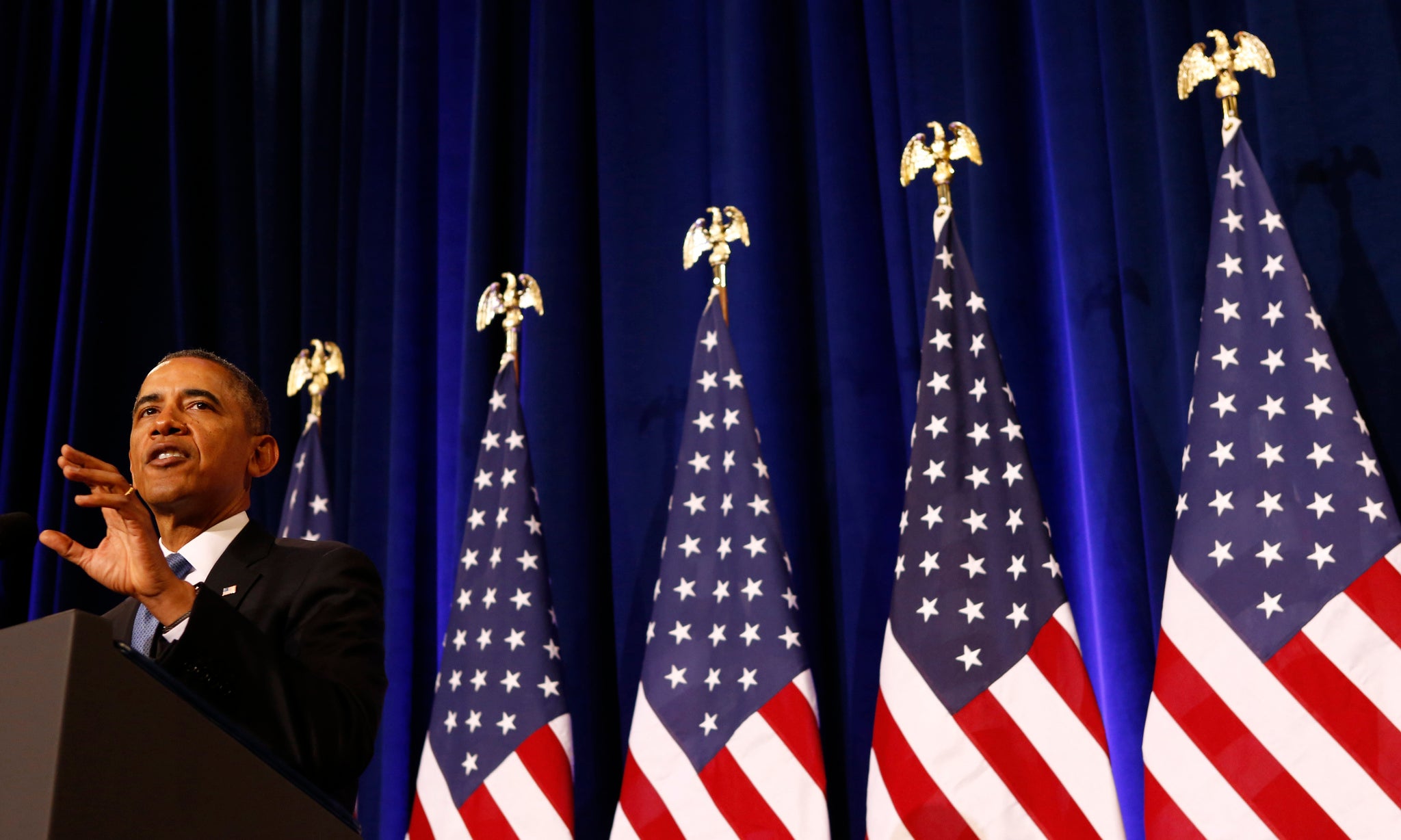The Independent's journalism is supported by our readers. When you purchase through links on our site, we may earn commission.
'I'm not a spy': Snowden dimisses allegations that he is working for Russia as 'absurd'
Whistleblower also acknowledged that he might "end up disgraced in a ditch somewhere," saying "[if] it helps the country, it will still be worth it.”

Your support helps us to tell the story
From reproductive rights to climate change to Big Tech, The Independent is on the ground when the story is developing. Whether it's investigating the financials of Elon Musk's pro-Trump PAC or producing our latest documentary, 'The A Word', which shines a light on the American women fighting for reproductive rights, we know how important it is to parse out the facts from the messaging.
At such a critical moment in US history, we need reporters on the ground. Your donation allows us to keep sending journalists to speak to both sides of the story.
The Independent is trusted by Americans across the entire political spectrum. And unlike many other quality news outlets, we choose not to lock Americans out of our reporting and analysis with paywalls. We believe quality journalism should be available to everyone, paid for by those who can afford it.
Your support makes all the difference.Whistleblower Edward Snowden has strongly denied allegations by members of the US congress that he has been acting as a spy for Russia.
Snowden dismissed the theory in an interview with the New Yorker, stressing that he “clearly and unambiguously acted alone, with no assistance from anyone, much less a government.”
“It won't stick, because it's clearly false, and the American people are smarter than politicians think they are. This Russian spy push is absurd,” he said.
The accusations were made by Republican congressman Mike Rogers. He called Snowden a “thief, who we believe had some help” on American talkshow Meet the Press.
When asked by the show’s host if he thought that the Russians had helped Snowden, the congressman replied that it was not a “gee-whizz luck event that he ended up in Moscow under the handling of the [Russian security services].”
Rogers, who is also the chairman of the House Intelligence Committee, found support from another Republican congressman Michael McCaul, who suggested that Snowden was “cultivated by a foreign power”, but did not implicate Russia directly.
Snowden, a former NSA-contractor who revealed extensive internet and phone surveillance by US intelligence and has since been granted temporary asylum in Russia, points to his ungainly exit from the US as evidence that he acted independently. He first travelled to Hong Kong after releasing the leaked documents, before spending 40 days in the transit zone of Moscow’s Sheremetyevo International Aiport.
“Spies get treated better than that,” he said.
Another claim from Rogers - that it was suspicious that Snowden had a “go bag” ready and had “arranged travel before he left” – was also brushed off by Snowden, who noted that he’d had a “go bag packed since 2007. It’s not an exotic practice for people who have lived undercover on government orders.”

Snowden’s latest statements come just days after President Barack Obama responded to public outcry by announcing changes to how the US government conducts electronic surveillance.
Although Obama did not talk in length about Snowden in a speech that remained largely unapologetic for the activities of the NSA and others, he did say that “If any individual who objects to government policy can take it into their own hands to publicly disclose classified information, then we will not be able to keep our people safe, or conduct foreign policy.”
Anger against Snowden is reportedly less restrained amongst members of US intelligence agencies, with BuzzFeed reporting one anonymous Pentagon official as saying “I would love to put a bullet in his head."
"I do not take pleasure in taking another human beings life, having to do it in uniform, but he is single-handedly the greatest traitor in American history," said the unnamed individual.
Snowden remains adamant that his actions have helped America, saying that “due to extraordinary planning involved, in nine months, no one has credibly shown any harm to national security [arising from the leaks].”
He also acknowledged that although his life may be in danger he is happy to have brought the topic of mass surveillance to the attention of the American public. “It may sound trite,” he told the New Yorker, “[but if] I end up disgraced in a ditch somewhere, but it helps the country, it will still be worth it.”
Join our commenting forum
Join thought-provoking conversations, follow other Independent readers and see their replies
Comments